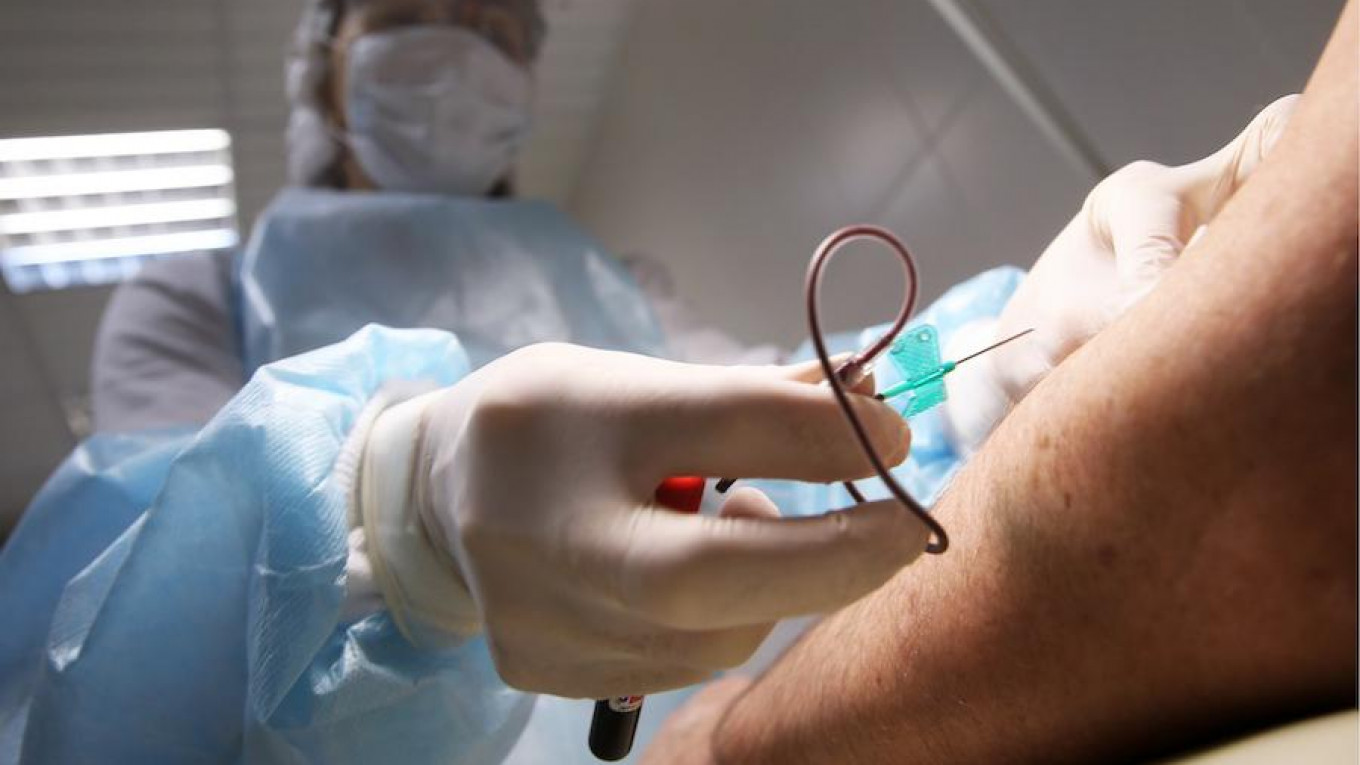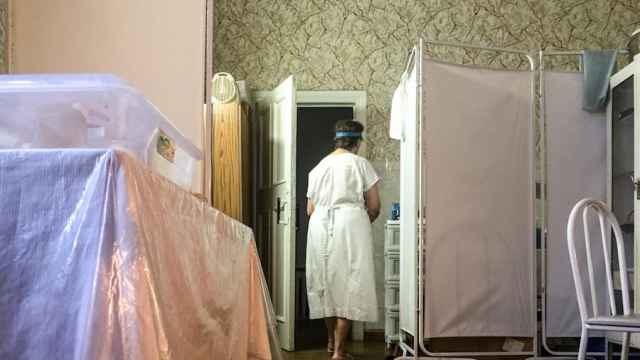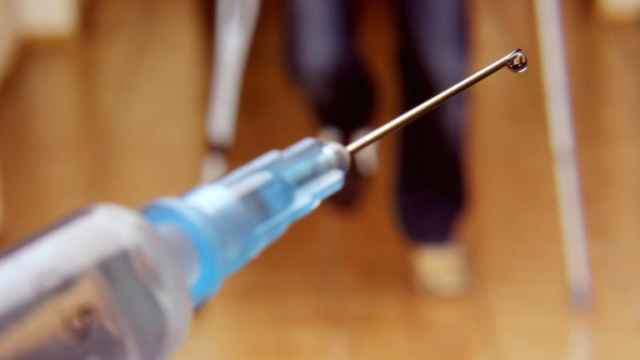A new strain of the human immunodeficiency virus (HIV) is spreading in Russia, and researchers say it is significantly more dangerous than standard HIV, the TASS news agency reported on Wednesday.
The new virus is a mix of the common strain of HIV found in Russia and a new strain from Central Asia, according to Dr. Eduard Karamov, head of the immunology laboratory at the D.I. Ivanovsky Institute of Virology
Russia has an HIV strain that is distinct from those in Western Europe, the United States, Africa, and China. However, this is changing rapidly, Karamov said.
"Now a new virus has arrived with migrant workers from Central Asia and infected an enormous number of people, including in Moscow," he said.
According to Karamov, the new virus, which is called A63, is significantly more dangerous than the common Russian strain of HIV.
In order to control and prevent the spread of HIV in Russia, Karamov said it was necessary to monitor its hybridization and mixing. He proposed creating an inter-ministerial commission to study HIV, with the Russian Academy of Sciences playing a key role.
Earlier, Russian Academy of Sciences' President Vladimir Fortov had instructed the head of the Federal Research and Methodological Center for the Control and Prevention of HIV Infection, Vadim Pokrovsky, to bring the scientific community's proposals to the relevant executive bodies of the Russian government.
During Pokrovsky's own speech at the presidium, he emphasized that up to 6 percent of HIV strains were showing resistance to various drugs. According to him, work is under way at the Central Research Institute of Epidemiology to find methods for fighting the new drug-resistant viral strains.
A Message from The Moscow Times:
Dear readers,
We are facing unprecedented challenges. Russia's Prosecutor General's Office has designated The Moscow Times as an "undesirable" organization, criminalizing our work and putting our staff at risk of prosecution. This follows our earlier unjust labeling as a "foreign agent."
These actions are direct attempts to silence independent journalism in Russia. The authorities claim our work "discredits the decisions of the Russian leadership." We see things differently: we strive to provide accurate, unbiased reporting on Russia.
We, the journalists of The Moscow Times, refuse to be silenced. But to continue our work, we need your help.
Your support, no matter how small, makes a world of difference. If you can, please support us monthly starting from just $2. It's quick to set up, and every contribution makes a significant impact.
By supporting The Moscow Times, you're defending open, independent journalism in the face of repression. Thank you for standing with us.
Remind me later.






